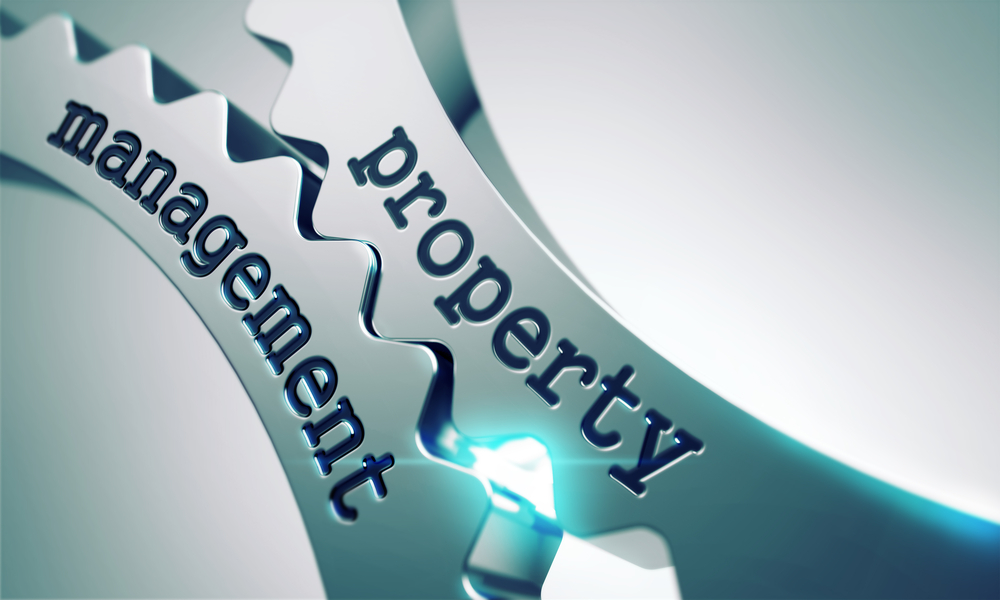3 min read

Many would-be real estate tycoons dream of owning a rental property and there are many advantages to doing so. For example, diversifying your portfolio or simply having more control over your investments. The most obvious one is that you gain that coveted passive income. But there is more to that dream than simply an increase in cash flow. Here are a few of the pros and cons of owning a rental property.
10 Pros of Owning a Rental Property
- Regular stream of income
- Opportunity to invest your return in new properties
- Protect your investments against inflation
- Capital growth with property value appreciation
- More control over your investments
- Building assets to include in your will
- Flexibility to work from anywhere
- You can be your own boss
- Becoming an “invested” member of the community
- Tax benefits, deductions and options to defer related to owning an investment rental property
While these all highlight the benefits of owning a rental property, it wouldn’t be called an investment if it didn’t come with a few hurdles. Here are the most common cons of owning a rental property.
5 Cons of Owning a Rental Property (And their solutions)
1). The sticker price of the home does not include repairs, maintenance, taxes, insurance and other fees you will need to account for when owning a rental property. Some rental property investors use the 50% rule to ball park the operating expenses of a rental property, but maintenance costs can vary from month to month. It’s even possible to have negative cash flow if you experience a month with unexpected high repairs.
Solution: When you’re considering a rental investment, be sure to calculate the total cost of maintaining the rental property. Then build a budget and set the monthly rent accordingly.
2). Not all neighborhoods will yield the same return on investment (ROI). Trendy neighborhoods may be harder to buy into when you’re first starting out.
Solution: Do your due diligence when researching a rental property to buy. Your market analysis is an important step in creating a business plan for a rental property. Look at data on the state of the surrounding market and the competitive landscape for similar homes and rentals in the area. Look for neglected homes in those areas to reach out to residents directly who may be interested in being bought out.
3). Not all tenants are good tenants. It may not be what you dreamt of, but it’s smart to prepare yourself for the likelihood of experiencing poor or unreliable tenants at some point.
Solution: Protect yourself using a security deposit set within your state’s security deposit statutes.
4). Repairs and maintenance on rental properties can be a time suck and drain on cash flow.
Solution: Aim for finding a balance between how much repair work you can do yourself and how much is worth contracting out. Be sure to always have a home inspection completed before making any offers.
5). Financing a home that is not your primary residence is different than applying for a standard mortgage.
Solution: Consider a DSCR Loan, like those offered by Truss to secure financing using the cash flow you get from your rental.
Don’t underestimate the pros behind owning a rental property. And while disadvantages do exist, many real estate investors find after they’ve gone through the process one time, the pros ultimately outweigh the cons. Having a solid plan and a solid lender gets you two steps closer to owning a rental property.
Need help securing a mortgage or loan for a rental property? Truss is here to advocate for your needs and find the right mortgage loan for you.
Table of Content

Take your pick of loans
Experience a clear, stress-free loan process with personalized service and expert guidance.
Get a quote


